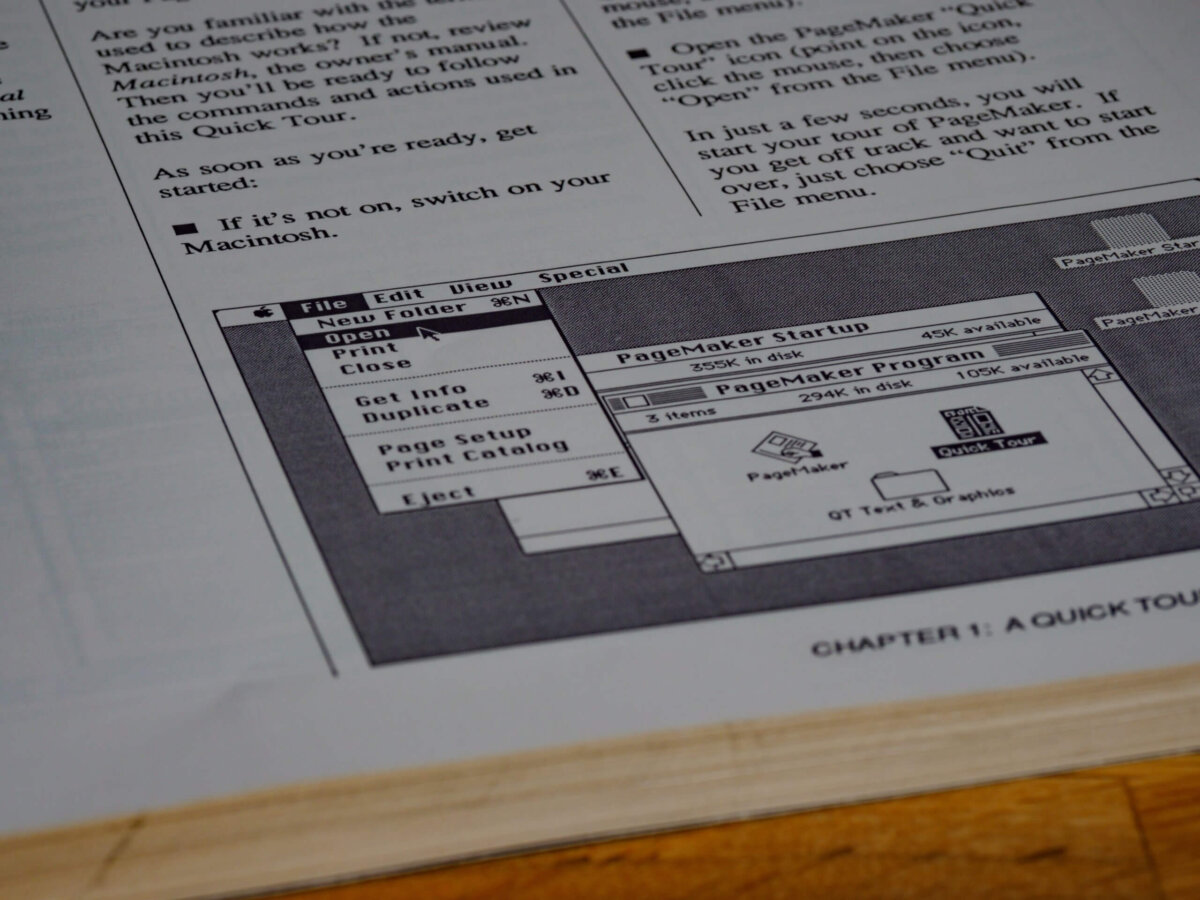Poor President Obama. Besieged from the right and the left on Afghanistan, Iran, the economy, not to mention the oil disaster in the Gulf. He’s accused of being too cerebral (No drama Obama) and of being too belligerent (“know whose ass to kick”). Now he is under attack from the Word Police.
The Global Language Monitor (GLM) dissected his Oval Office address on the oil spill and found him rhetorically deficient. Among his sins: overusing the passive voice, writing overly long sentences, and writing at too high a grade level.
But is he guilty of those sins? And do they matter? Or do clarity and message trump sentence structure and grade level?
Does Passive Voice Mean a Passive President?
According to GLM, 13 percent of Obama’s speech was written in the passive voice, the highest percentage of any presidential address this century. Politically speaking, the passive voice is used to obscure the doer of the action. The most famous passive voice sentence in politics is President Nixon’s “Mistakes were made.” He said that in taking “responsibility” for Watergate.
If 13 percent of Obama’s speech was written in the passive voice, then 87 percent was written in the active voice. As a writing instructor, I’ve taught that good writers vary sentence construction. And it didn’t seem like he used the passive voice to deflect blame. In well-constructed active voice sentences, he clearly identified those responsible for the spill: “But make no mistake: We will fight this spill with everything we’ve got for as long it takes. We will make BP pay for the damage their company has caused.”
His passive voice constructions seemed appropriate: “Over 5.5 million feet of boom has been laid across the water to block and absorb the approaching oil.” Using the passive voice here puts the focus on the action (laying the boom) as opposed to the doer (Coast Guard, BP).
Does Long Make it Wrong?
Obama’s sentences averaged about 20 words in length, considered kosher if well crafted: “We consume more than 20 percent of the world’s oil reserves but have less than 2 percent of the world’s oil reserves.”
True, Obama lost points for this 39-word mouthful. But that’s because of the ten-word tag he appends to any mention of Chu: “That’s why, just after the rig sank, I assembled a team of our nation’s best scientists and engineers to tackle this challenge, a team led by Dr. Steven Chu, a Nobel Prize-winning physicist and our nation’s secretary of energy.”
On the whole, Obama varied the sentence length–not too many short sentences that can sound choppy, if not boring. Rather, he used short sentences powerfully: “And the region still hasn’t recovered from Hurricanes Katrina and Rita. That’s why we must make a commitment to the Gulf Coast that goes beyond responding to the crisis of the moment. I make that commitment tonight.”
Are You Smarter Than a Fifth Grader?
Using a variant of the Flesch Test , which analyzes reading level, GLM determined that Obama’s oil spill speech was written at the 9.8 grade level. How does that compare to other presidents? Reagan’s “Tear Down this Wall” speech earned a 9.8 grade level. Kennedy’s inaugural address was 10.9. George W. Bush generally gave speeches at the 7th grade level. This hardly makes a case for lower grade level being better. Exactly what grade level is “They misunderestimated me”?
So, is Obama guilty of crimes against the English language? Ron Yaros, assistant professor at the Philip Merrill College of Journalism at the University of Maryland, pooh-poohed GLC’s analysis of the Oval Office address. What’s important, stressed Yaros, is clarity: “It was straightforward and easy to understand.”
— Marilynne Rudick (guest blogger)
Tags: Plain language, Words, Writing






0 Comments